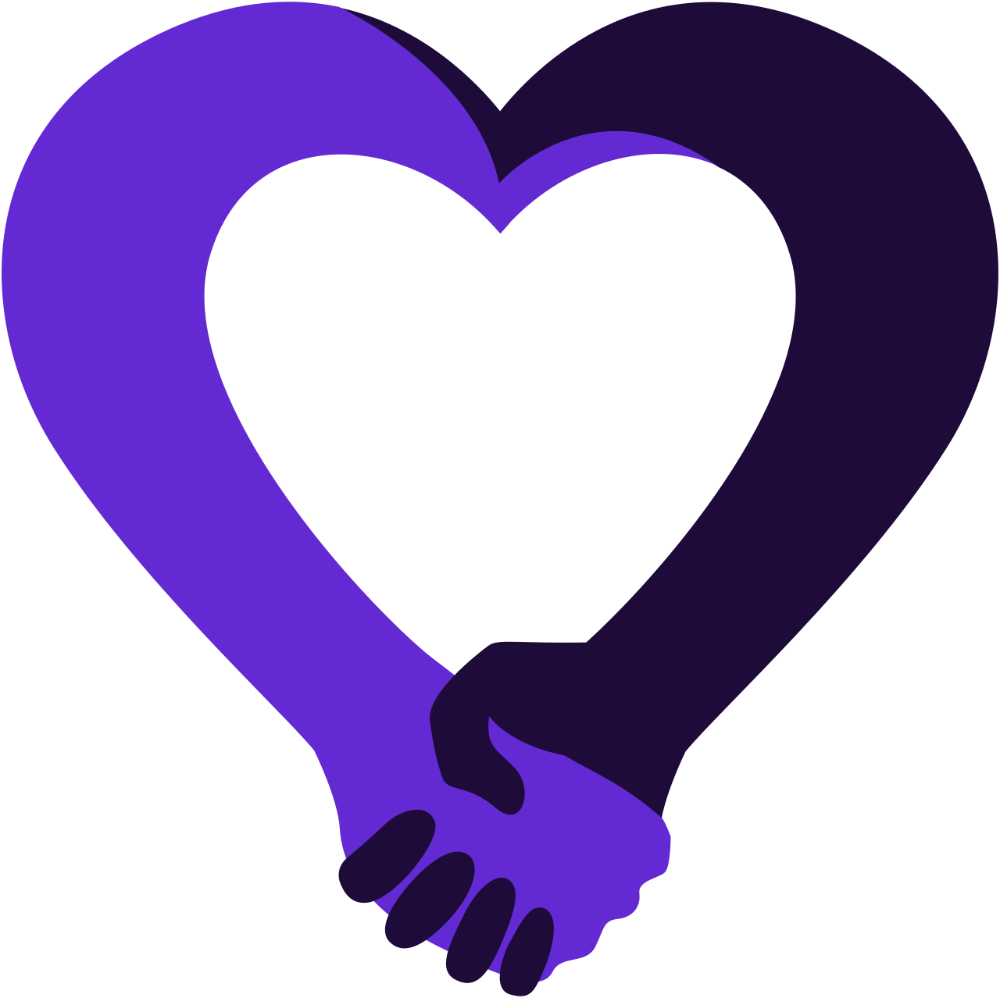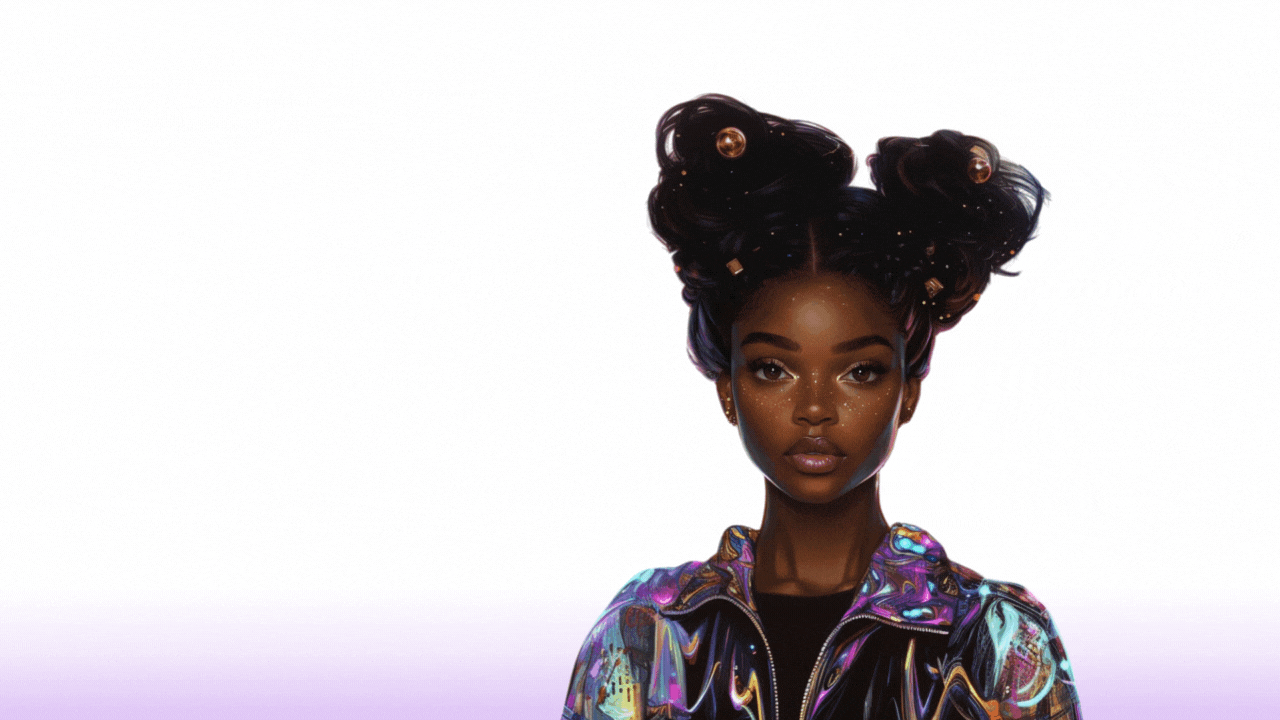The N word isn’t just a word, it’s a weapon.
Jun 10, 2025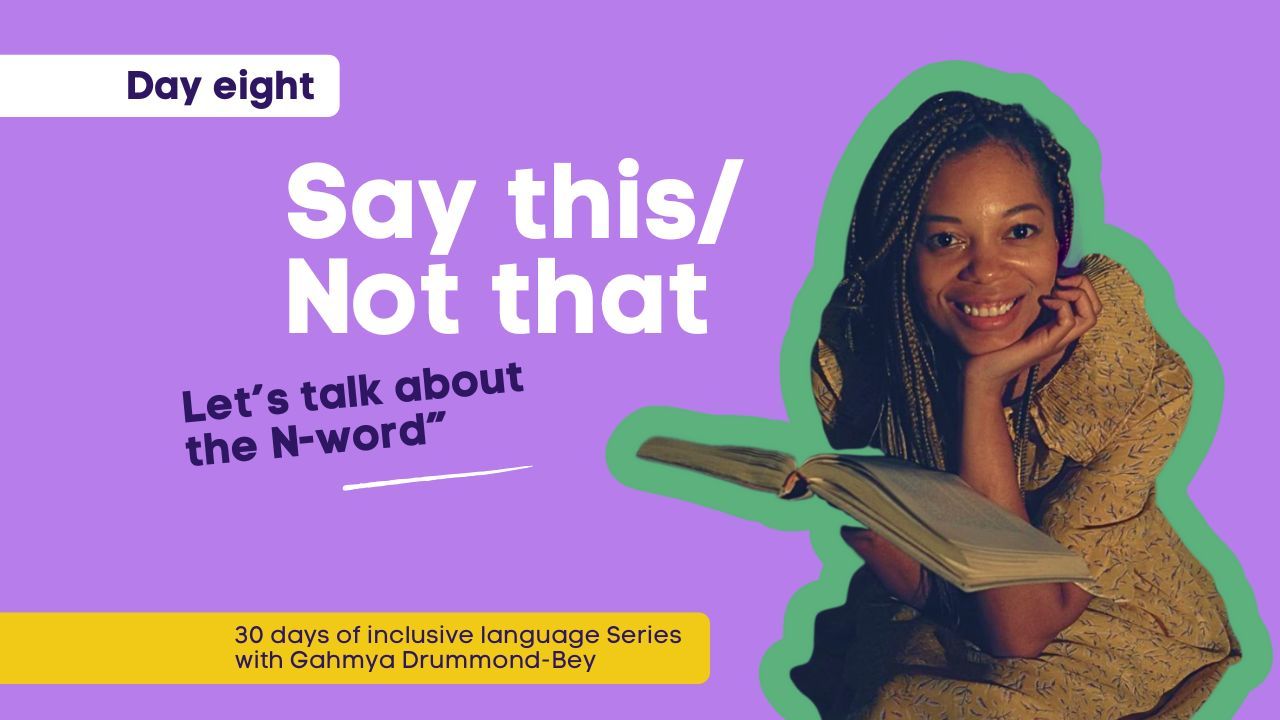
I began this series as a fast way for educators and families to empower the vocabularies and self-esteem of their young ones.
I get that we’re all busy, so it’s just one word a day, but words are powerful. Every day, our kids are creating meaning from what they hear, what they say, and what’s said to them.
Some topics feel tough, but teaching kids truthfully and gently is powerful. That’s why Day 8 in our Say This / Not That series is about the N word.
Let’s dive in 👇
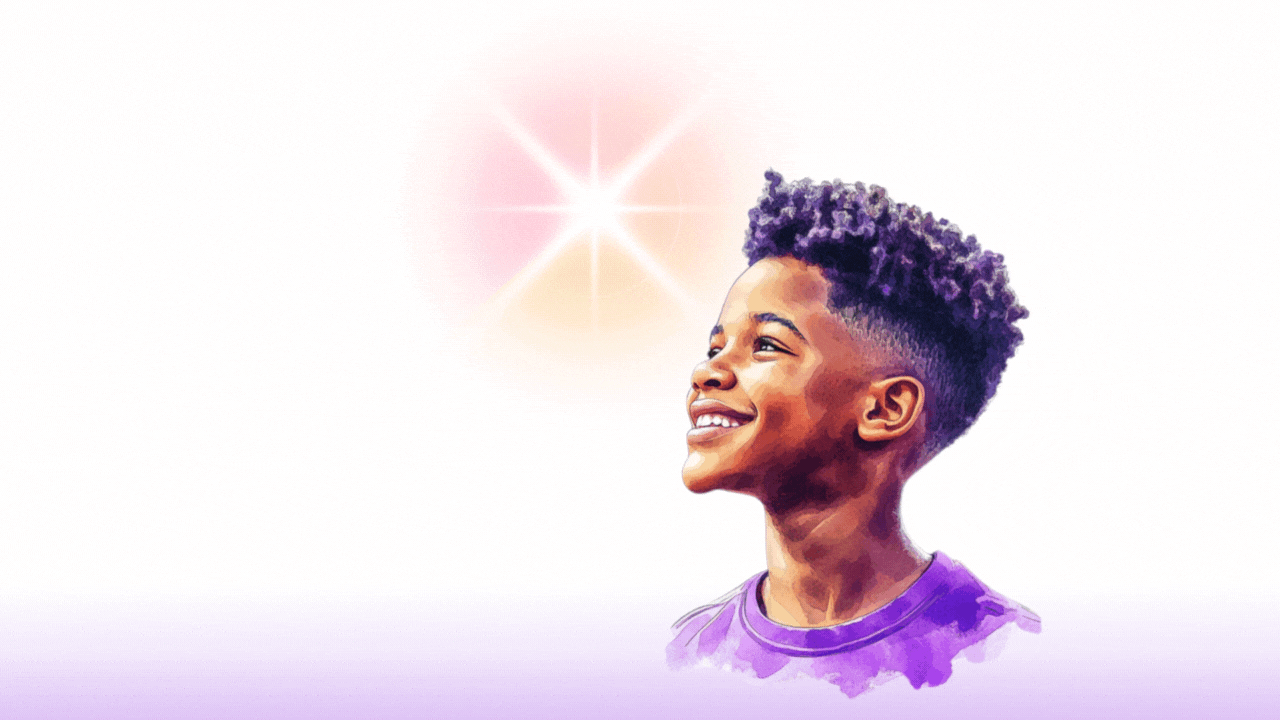
Why this matters:
The N word was created to hurt and shame Black people. It was used during slavery and segregation, and still hurts today.
Even when it shows up in songs or pop culture, it’s important for kids to understand this is never just a word. It’s a weapon.
And no one has a “pass” to use it.
The thing is, even Black parents often assume their kids "know the rules." But, as a global educator, I have been in tons of spaces where Black children simply don't know what to do when their nonBlack friends use the word around them, so they give them "a pass." And these aren't just children, many of them are teenagers.
Regardless of your race, when's the last time you intentionally talked to with your child about that word?
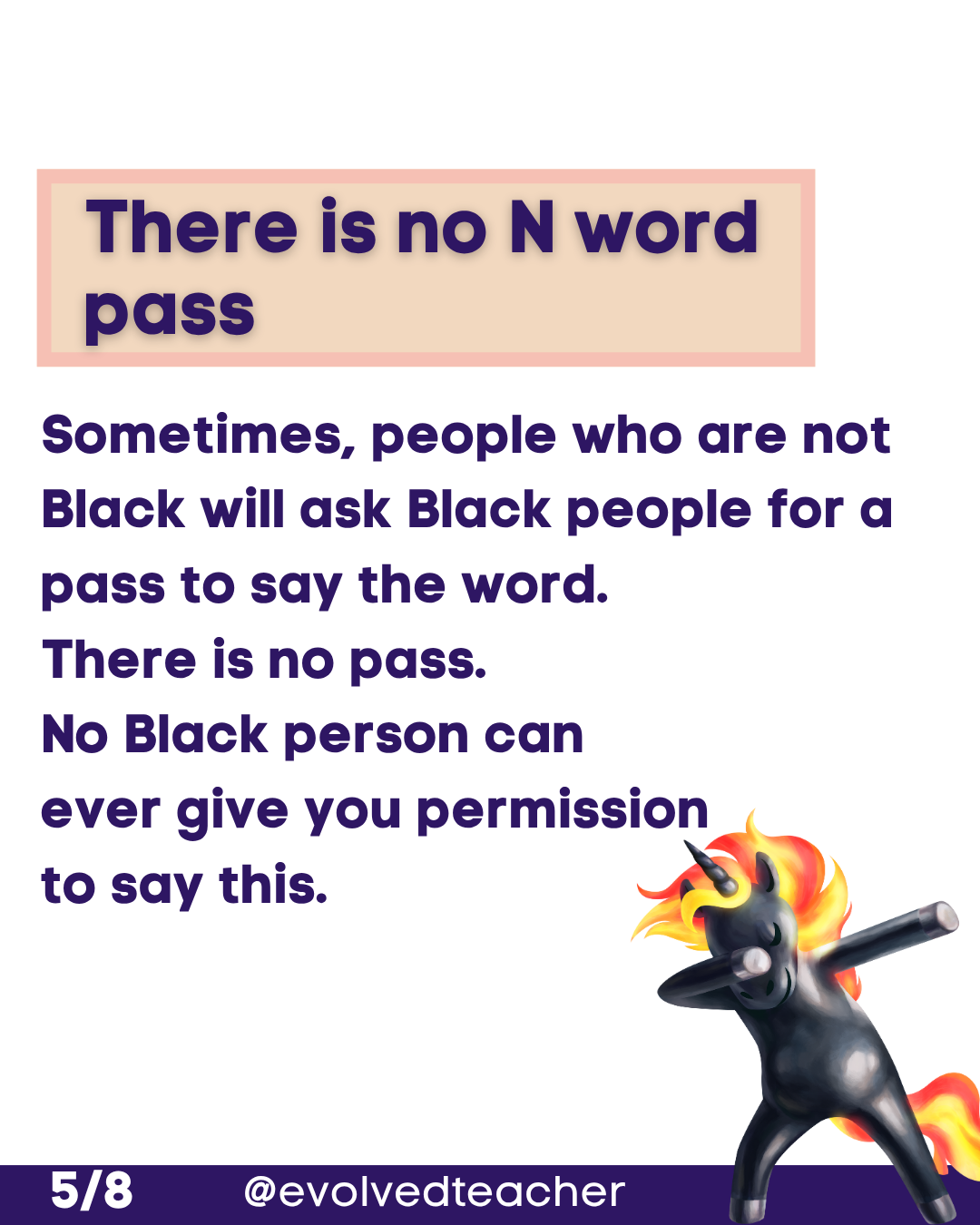
What to say when your child asks “Why can’t I say it?”
“That word has a very painful history. People were called it while being beaten and enslaved. Even if someone else says it or it's in a song, we don’t say it. We choose kind words instead.”
If your child asks why some Black people use it:
“Some Black people have tried to take the word and change its meaning, but that doesn’t make it okay for others to say. No one can give you permission to use it.”
Script to start the conversation with your child:
Start with a calm, curious tone. Adjust your language depending on your child’s age and readiness.
“Hey, have you ever heard someone say a word that just didn’t feel right, even if other people laughed or didn’t seem upset?”
“There’s a word that’s sometimes called ‘the N word.’ It’s a word that has a very painful history. A long time ago, people who were Black were enslaved, treated unfairly, and called that word to make them feel small and less than human.”
“Even though you might hear it in music or online, we don’t say that word. It still hurts people deeply.”
“We use words that lift people up, not tear them down.”
Then, give them empowered alternatives:
“If you hear someone say it, you can say something like:
— ‘That word isn’t kind.’
— ‘Let’s not say that.’
— 'I don't hang out with people who talk like that or who treat people that way.’
What to look for:
They ask if they “get a pass” or repeat what they’ve heard in music, games, or playground talk.
They laugh at the word without knowing its full meaning, this is a sign they’re mimicking without understanding.
They feel confused about why some people say it but others can’t.
They try to justify it with: “It’s just a word,” “It’s in the song,” or “I didn’t mean anything by it.”
They don’t speak up when others say it, even if it makes them uncomfortable.
These are teachable moments. Not signs of failure, but invitations to deepen empathy.
If this word triggers YOU:
If you have personal or ancestral trauma connected to the N word, especially if you’re Black or a parent of Black children, this may feel heavy. And that’s okay.
Here’s what you can do:
Breathe before responding
You don’t need to explain everything in one conversation. Start with clarity and kindness.Tell the truth about your experience
“When I was your age, I heard that word and didn’t understand why it hurt so much. Now I know it was used to make people like me feel small. That’s why I don’t say it, and I want you to know better than I did.”
Model boundary setting with love
You can say:“That word brings up pain for our family. It’s important that we don’t joke about it or repeat it, even if others do.”
Use it as a healing moment
Affirm your worth, your history, and your right to be respected. Let your child see that compassion and courage can live together.
Language is powerful! But really learning how to communicate well is a superpower.
With so much heart,
Gahmya
